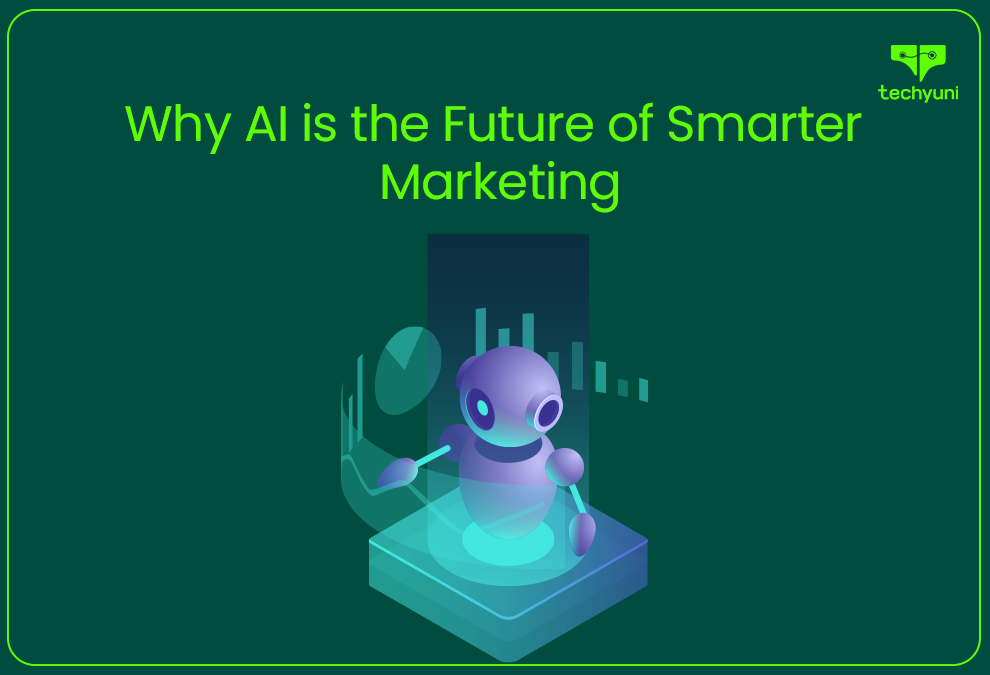
How AI in Marketing is Transforming Business Strategies
Unlock the power of AI in marketing to boost efficiency, personalize strategies, and drive data-driven decisions for unparalleled growth.
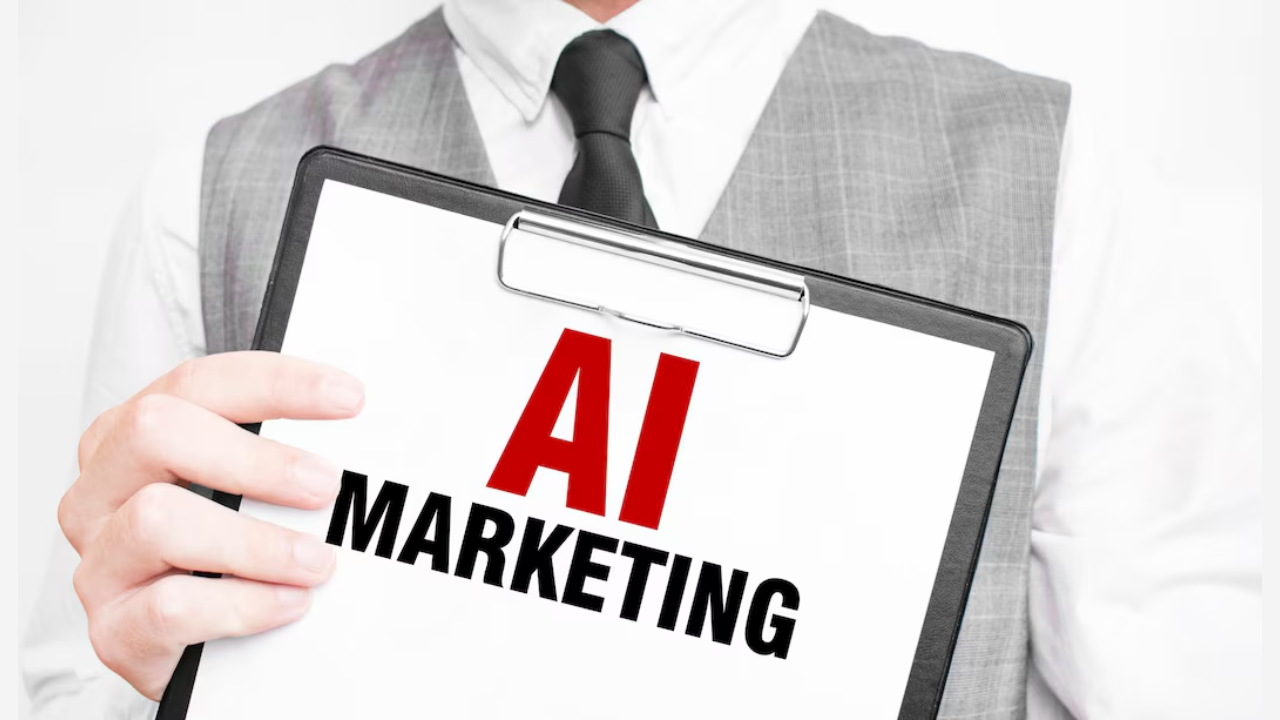
Artificial Intelligence (AI) has revolutionized how companies approach marketing, enabling unprecedented levels of personalization, efficiency, and data-driven decision-making. By harnessing AI in marketing, businesses can optimize campaigns, predict customer behaviors, and create engaging experiences like never before. Let’s dive into the transformative power of AI in the marketing world.
The Rise of AI in Marketing
Artificial Intelligence has emerged as a game-changer, reshaping the traditional methods of engaging with consumers. Marketing, once a creative art, is now infused with science. AI technology analyzes vast datasets, identifies patterns, and provides actionable insights, allowing marketers to predict trends and tailor campaigns effectively.
This rise has been propelled by advancements in machine learning, natural language processing, and automation tools. Businesses that embrace AI in marketing not only gain a competitive edge but also enjoy faster, more scalable results.
How AI in Marketing Improves Campaign Efficiency
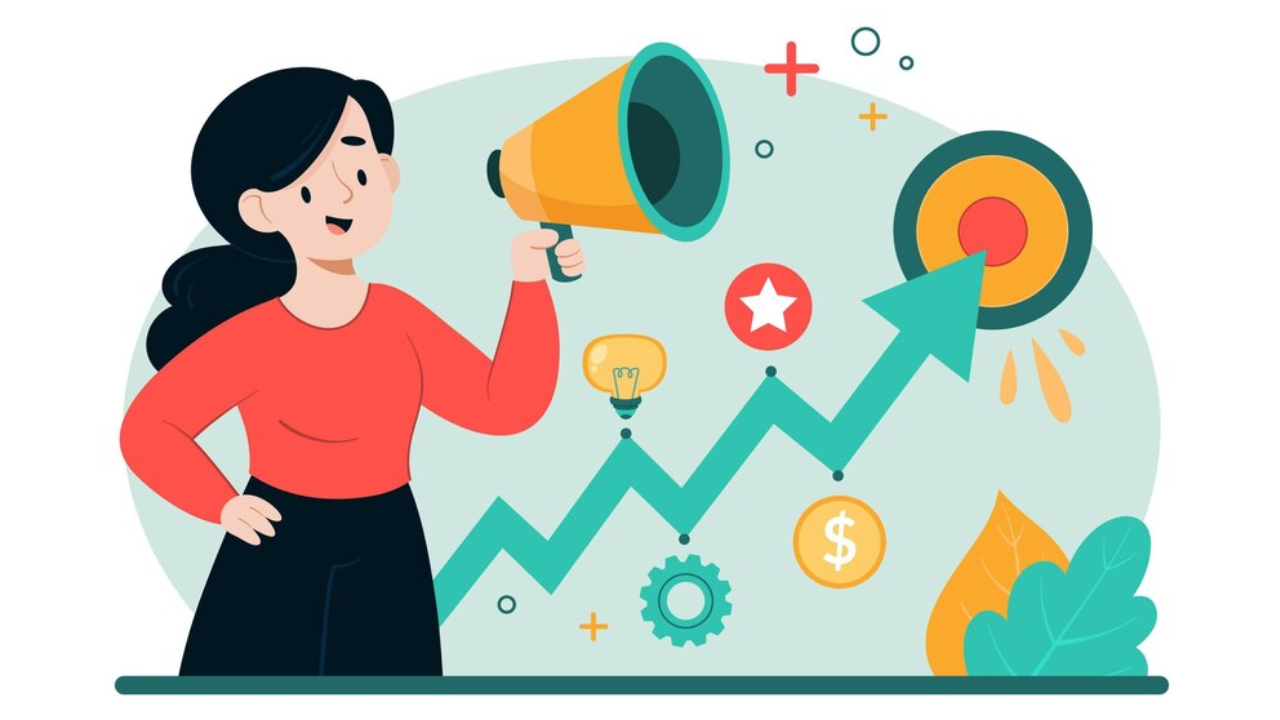
Incorporating AI into marketing strategies has revolutionized how campaigns are run. AI-powered platforms can analyze customer preferences and automate tasks that once consumed hours. Some examples include:
-
Automated Email Campaigns: Tools like Mailchimp and HubSpot leverage AI to send personalized emails based on customer behavior.
-
Predictive Analysis: AI forecasts market trends and consumer behavior, helping marketers allocate budgets effectively.
-
Real-Time Optimization: AI adjusts ads, content, and messaging dynamically to maximize conversions.
By reducing manual effort and improving targeting accuracy, AI ensures better ROI for marketing initiatives.
Personalization at Scale with AI
AI enables hyper-personalized marketing efforts, tailoring messages for individual consumers. For instance:
-
Dynamic Content Creation: Platforms such as Persado create personalized ad copy or email subject lines for specific audiences.
-
Product Recommendations: Retailers like Amazon and Netflix use AI-driven algorithms to suggest items based on browsing and purchase history.
-
Chatbots and Virtual Assistants: AI-powered tools engage customers in real-time, offering product recommendations and answering queries seamlessly.
Personalization at scale is no longer a daunting task but a realistic opportunity for businesses of all sizes.
Chatbots: Redefining Customer Engagement
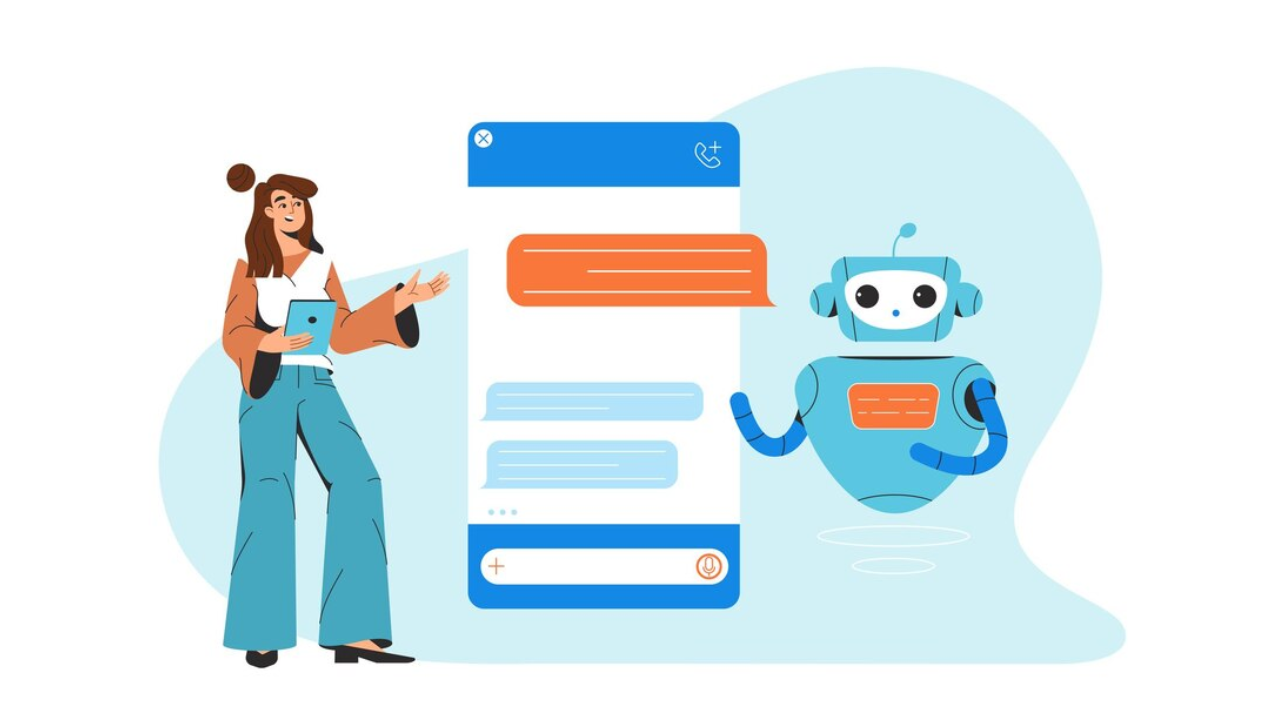
One of the most noticeable applications of AI in marketing is chatbots. These AI-powered assistants can:
-
Provide instant customer service 24/7.
-
Collect data on customer preferences during interactions.
-
Direct users to products or services that meet their specific needs.
For example, Sephora uses an AI chatbot to offer beauty consultations, while Domino’s Pizza allows users to order food through their chatbot interface.
AI-Driven Content Creation and Curation
Marketers are increasingly relying on AI to create and curate content, making it easier to stay relevant. Tools like Jasper and Copy.ai generate blog posts, captions, and video scripts in seconds. Additionally:
-
Content Recommendations: AI curates personalized articles or videos for users, boosting engagement.
-
Social Media Scheduling: Platforms such as Hootsuite analyze data to suggest optimal posting times.
This not only saves time but ensures content resonates with the target audience.
Predictive Analytics: A Marketer’s Crystal Ball
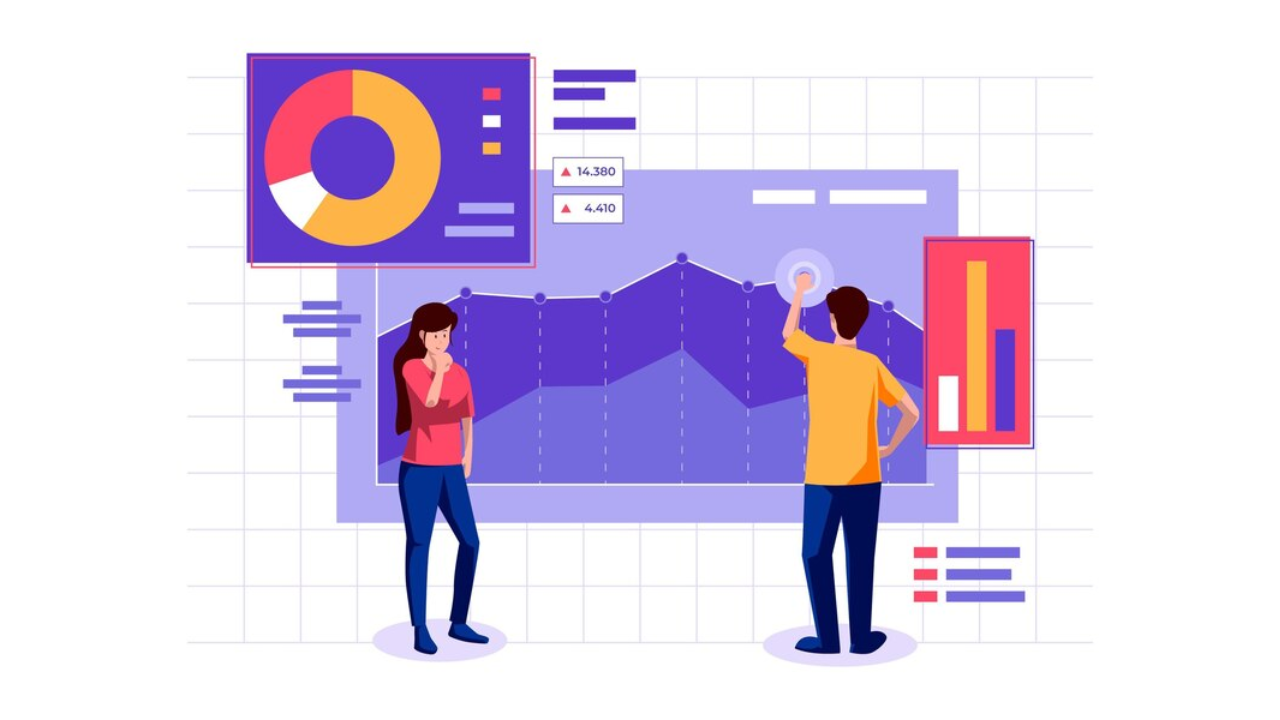
Predictive analytics leverages AI to forecast consumer behavior and market trends. This is especially useful for:
-
Identifying Customer Churn: AI analyzes data to determine which customers are likely to disengage and suggests retention strategies.
-
Sales Forecasting: Accurate predictions help allocate resources effectively.
-
Campaign Targeting: By predicting which customers are more likely to convert, AI improves ad spend efficiency.
AI-Powered Advertising: Smarter Targeting
Traditional advertising is a scattergun approach compared to AI-powered solutions. AI helps marketers target the right audience by analyzing:
-
Demographics
-
Online behavior
-
Purchase history
Platforms like Google Ads and Facebook Ads now offer AI-driven options to optimize ad placements and bids in real-time, ensuring every dollar spent delivers maximum impact.
-
Voice Search Optimization with AI
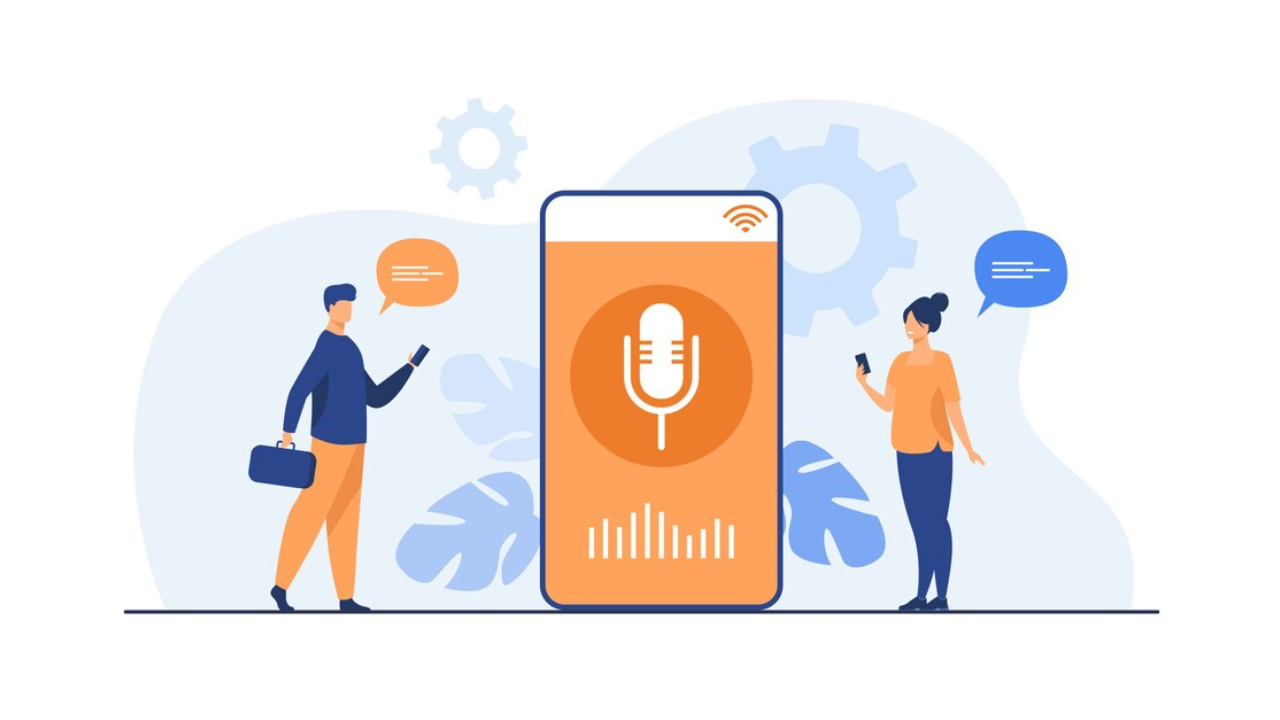
The popularity of smart speakers and voice assistants like Alexa and Google Assistant has shifted how people search online. To stay relevant, marketers must optimize their content for voice search. AI assists by:
-
Identifying long-tail keywords often used in spoken queries.
-
Analyzing conversational search patterns.
-
Ensuring websites are voice-friendly with fast load times and structured data.
Social Media Insights with AI
AI tools analyze vast amounts of social media data to identify trends and measure campaign performance. Applications include:
-
Sentiment Analysis: Understanding public opinion around a brand or product.
-
Influencer Marketing Insights: Identifying influencers whose audience aligns with the brand.
-
Trend Spotting: Predicting which hashtags, topics, or challenges will go viral.
By leveraging these insights, brands can stay ahead in a constantly evolving digital landscape.
Ethical Considerations for AI in Marketing

With great power comes great responsibility. As AI takes a larger role in marketing, businesses must address concerns like:
-
Privacy: Ensure data collection complies with regulations like GDPR and CCPA.
-
Bias: Train algorithms to avoid biased results that could harm brand reputation.
-
Transparency: Clearly communicate how AI-driven recommendations are made.
Maintaining ethical standards builds trust and enhances customer relationships.
Related: How AI Is Revolutionizing the Education Landscape
Conclusion
AI is not just a trend but a fundamental shift in how marketing operates. From personalization to predictive analytics, the opportunities are limitless. Businesses willing to adapt and integrate AI in marketing will find themselves at the forefront of innovation, reaping benefits such as improved efficiency, customer satisfaction, and revenue growth. If you’re ready to transform your marketing strategies, start exploring AI tools that fit your needs. The future of marketing is here—embrace it!